- David Prologo
- Read Time: 6 mins
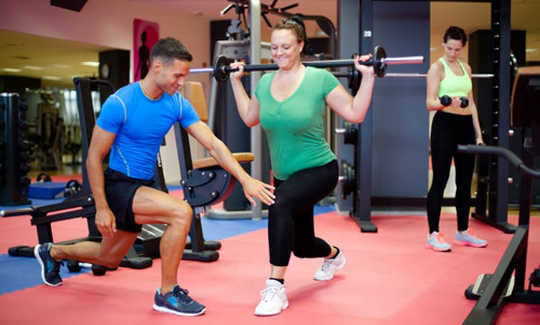
“Exercise isn’t really important for weight loss” has become a popular sentiment in the weight loss community. “It’s all about diet,” many say. “Don’t worry about exercise so much.”

“Exercise isn’t really important for weight loss” has become a popular sentiment in the weight loss community. “It’s all about diet,” many say. “Don’t worry about exercise so much.”
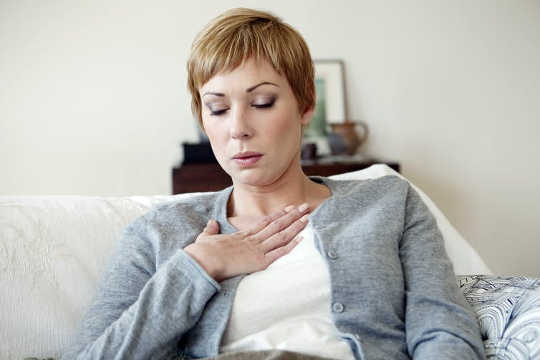
This quote from an anonymous patient sums up the experience of millions of sufferers of a health problem that’s rarely recognized or even discussed, yet has a major impact on their lives. Simply put, these people can’t catch their breath.
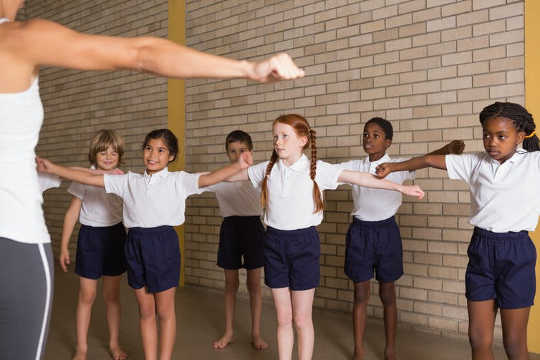
Physical Education (PE) is often viewed as a marginal subject within the curriculum. And many secondary schools actively reduce PE time to make way for what are deemed more “serious” or “important” subjects.
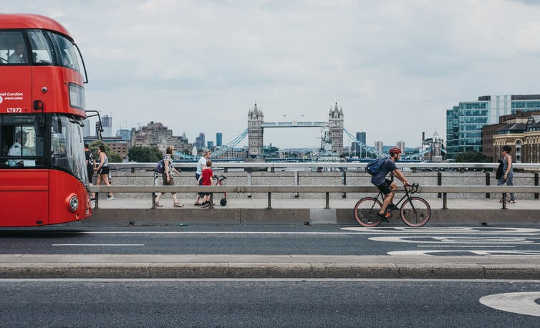
It can often be tempting to jump on a bus for a short journey through the city, especially when it’s raining or you’re running behind schedule. Where there are dedicated bus lanes in place, it can feel as though you speed past gridlocked traffic. But as city authorities begin new initiatives to get people walking or cycling, that could all change – and so could you.
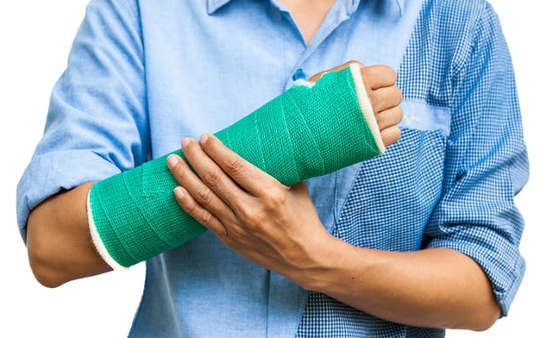
If you have ever broken an arm and had to wear a cast or splint for a few weeks, you will be familiar with the alarming loss of muscle and uneasy feeling of weakness experienced after removing your cast. Most people do not do much exercise while a broken arm is healing and can struggle with this loss of muscle for many weeks after the injury.
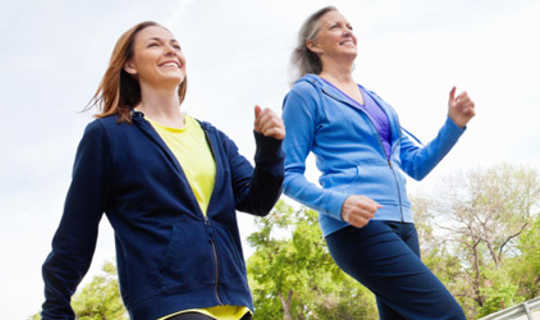 Walking significantly lowers the risk of heart failure in older women, a new study shows. The study of more than 137,000 postmenopausal women aged 50 to 79 is the largest and most comprehensive to date that has evaluated physical activity within the context of heart failure prevention.
Walking significantly lowers the risk of heart failure in older women, a new study shows. The study of more than 137,000 postmenopausal women aged 50 to 79 is the largest and most comprehensive to date that has evaluated physical activity within the context of heart failure prevention.
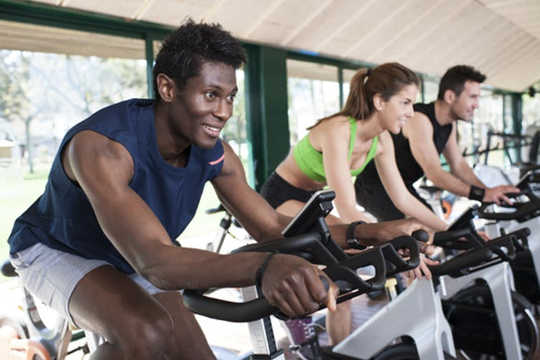 Increasing the amount of exercise is one way to use the energy stored in fat cells, or to ‘burn’ fat. Many of us may be considering “burning some fat” so we feel better in our bathing suits out on the beach or at the pool. What does that actually mean, though?
Increasing the amount of exercise is one way to use the energy stored in fat cells, or to ‘burn’ fat. Many of us may be considering “burning some fat” so we feel better in our bathing suits out on the beach or at the pool. What does that actually mean, though?
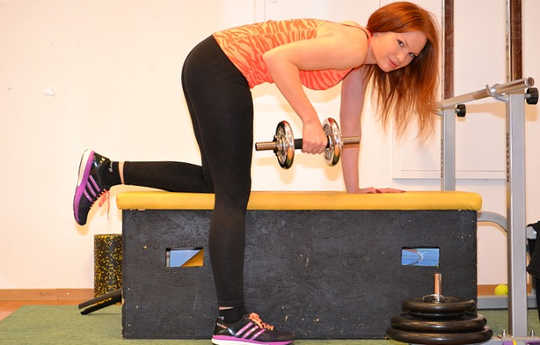
People with low muscle strength don’t typically live as long as their stronger peers, according to a new study. After adjusting for sociodemographic factors, chronic health conditions, and smoking history, researchers found that people with low muscle strength are 50 percent more likely to die earlier.
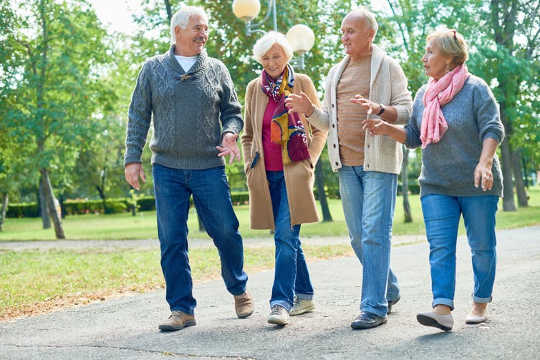
Many older people find they’re not able to move as freely as they did when they were younger. They describe their movements as feeling stiff or restricted. In particular, feeling stiff when getting out of bed first thing in the morning or after sitting for a long period. The feeling does eventually ease with movement as the muscles “warm up”, but it can be troublesome. There are a few reasons this happens.
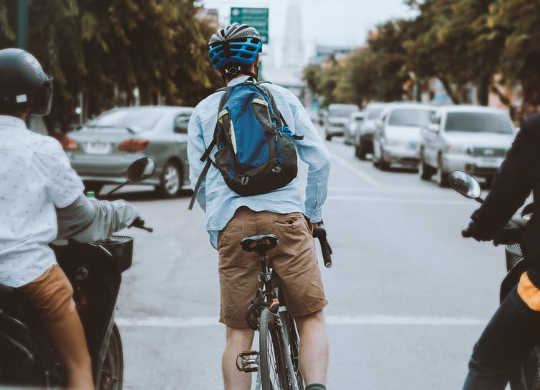
There are many ways to get around a city. You can drive a car or ride a motorcycle. In many cities you have the option of public transport. And of course if you live close enough to where you are heading you can get around in a more active way by riding a bicycle or walking.
Cycling may be dangerous in some ways, but it’s healthy too. But do the health benefits outweigh the risks of potential death? And what about public transport or driving? What is the risk of having an accident, and are there any health benefits at all? There are a number of variables to consider, so the answers to these questions may not be as straightforward as you think.
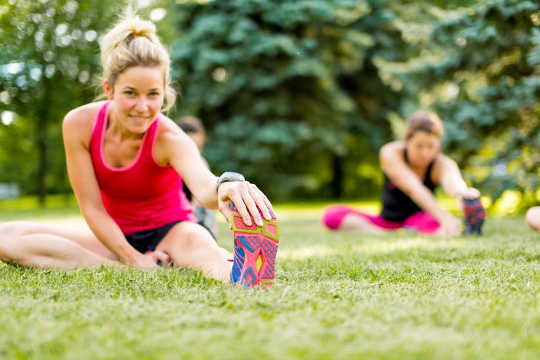 There seems to be a lot of confusion regarding the value – or lack thereof – of muscle stretching to accelerate recovery after exercise. “Stretching clears out your lactic acid,” and other similar claims abound. Is any of this true?
There seems to be a lot of confusion regarding the value – or lack thereof – of muscle stretching to accelerate recovery after exercise. “Stretching clears out your lactic acid,” and other similar claims abound. Is any of this true?
 When temperatures spike in the summer, it’s important to make sure you temper your workouts to stay safe, says Sandeep Mannava, a sports medicine specialist at University of Rochester Medicine.
When temperatures spike in the summer, it’s important to make sure you temper your workouts to stay safe, says Sandeep Mannava, a sports medicine specialist at University of Rochester Medicine.

Given the state our bodies are in after exercise, and what alcohol does to our system, drinking after sport is a bad idea.
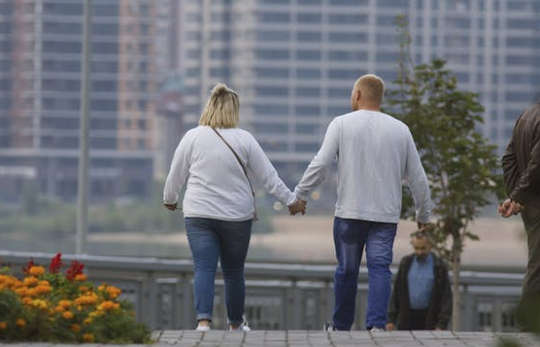
We know excess weight is linked to many adverse health consequences, but there is now growing understanding that it also affects fertility.
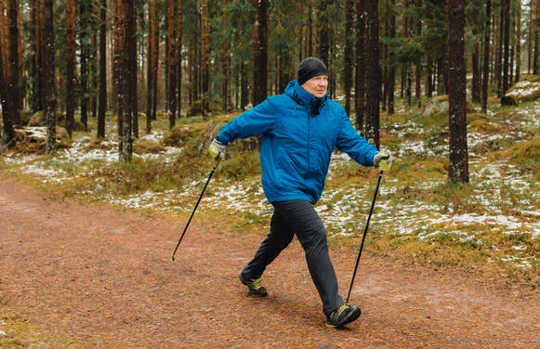
Some of us like to stroll along and smell the roses, while others march to their destination as quickly as their feet will carry them. A new study out today has found those who report faster walking have lower risk of premature death.
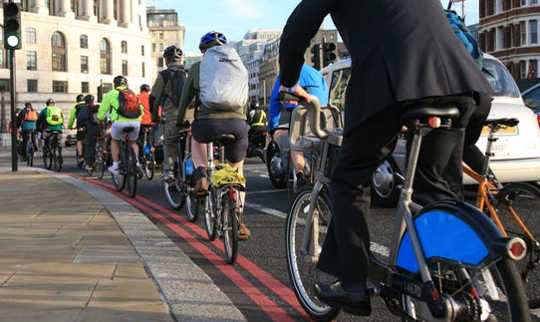
Swapping your car for more physically active forms of travel may reduce your risk of heart disease, stroke and premature death, our latest research shows.
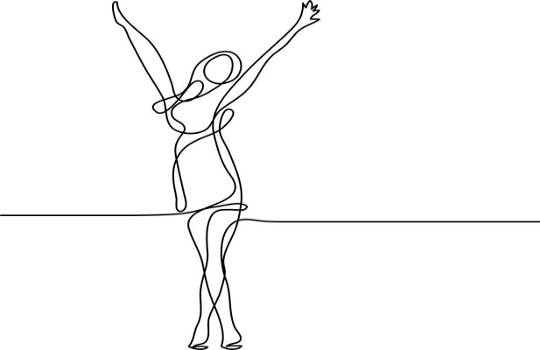
Pretty much everyone knows that taking exercise helps people stay in good health. It staves off chronic ailments like type 2 diabetes and heart disease and – maybe – helps us live longer.
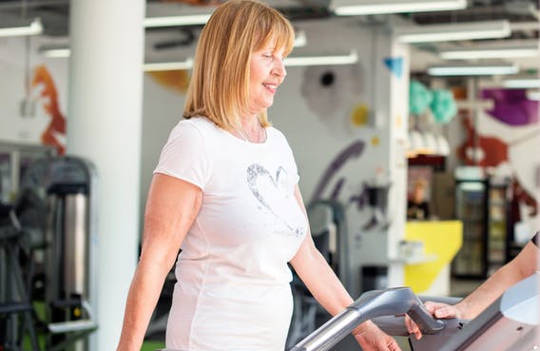
Liz is a typical 50-something woman, fit, 70 kg, 30% body fat. She goes to the gym every day, and runs for 35 minutes on the treadmill at 10km/h. But, as she tells me rather often, she can’t lose weight. So what’s going on here: is it Liz, or is it the universe conspiring against her?
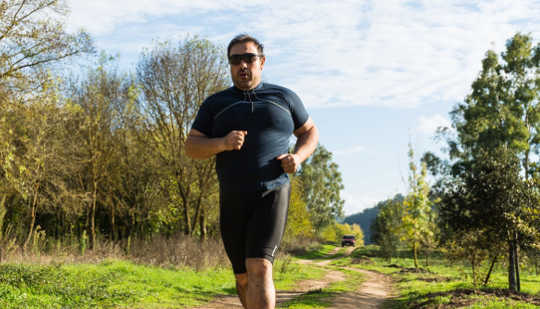
Research shows that regular exercise can dramatically reduce the risks of depression as well as boost cognition and memory.

We are all aware that exercise generally has many benefits, such as improving physical fitness and strength. But what do we know about the effects of specific types of exercise?
Page 10 of 13

